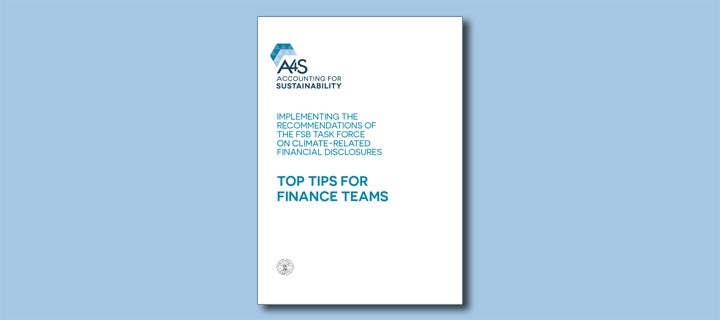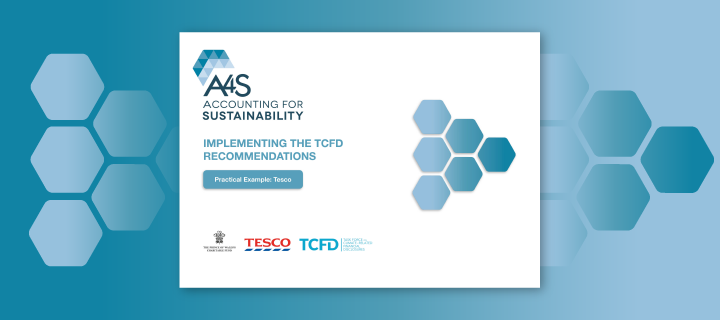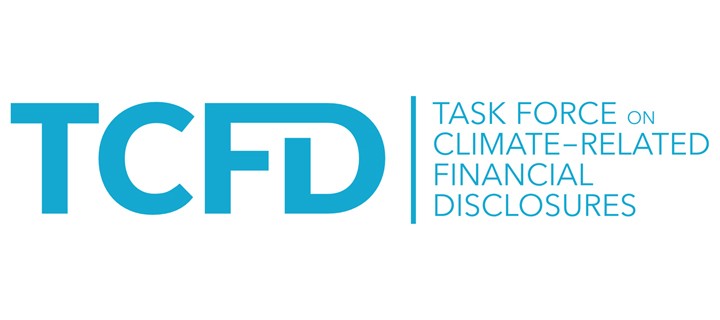Practical steps towards climate-related disclosure
The second TCFD Status Report was published yesterday (5th June 2019), providing an overview of disclosure practices aligned with the Task Force’s recommendations between 2016 and 2018. While the Chair of the Task Force, Michael R. Bloomberg remains encouraged by “the continued growth in the number of companies adhering to the guidelines of the TCFD”, the status report also highlights that while commitment to implementing the TCFD recommendations is encouraging – with nearly 800 organizations expressing their support – actual disclosure still faces challenges.
A4S has been running implementation workshops since early 2018 to help finance teams identify possible solutions to overcome challenges they face in adopting the TCFD recommendations. Here are some key practical steps that organizations can take along their journey to improve their climate-related disclosure practice and, to this effect, ensure a more resilient organization.
- Obtain executive 'sponsorship' to ensure that climate-related disclosures gets sufficient focus and resources. For example, having your Chief Financial Officer advocate this at Board level could make a huge difference.
- Set up a multi-skilled/functional team to share knowledge and drive engagement. As well as from finance, sustainability, risk and IR, members can also come from other teams such as supply chain. You may find that there is expertise in a part of the organization that you hadn’t realised.
- Engage with other organizations who are on a TCFD journey and gain advice on your next steps – start now by listening to Manjula Chummun, Head of Finance – Sustainability, Tesco, on practical steps to implementing the TCFD recommendations.
- Use existing tools and guides to initiate discussions and educate across the organization, for example, use the A4S TCFD Maturity Map and the A4S TCFD Top Tips booklet to facilitate further conversations across different departments.
- Identify the top risks by working cross-departmentally, and add climate risk to the risk register.
- Keep initial scenario analysis simple, don’t try to do everything at once. Look out for our soon-to-be-released corporate case studies on using scenario analysis.
- Set a three to five year plan to implement TCFD recommendations, conscious that climate-related financial disclosures are likely to become mandatory over time.
- Get started, don’t wait for full data to be ready but start small and focused on a few areas, leading to meaningful results that can be translated into business actions.
You may also be interested in...
The TCFD Implementation: Top Tips for Finance Teams booklet includes practical approaches tried and tested by early adopters of the TCFD recommendations.




